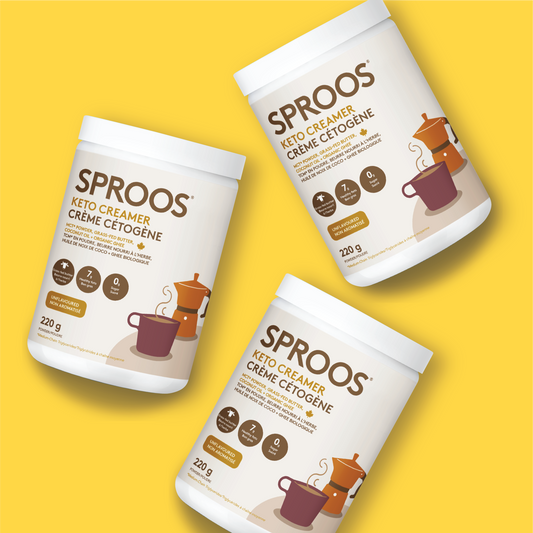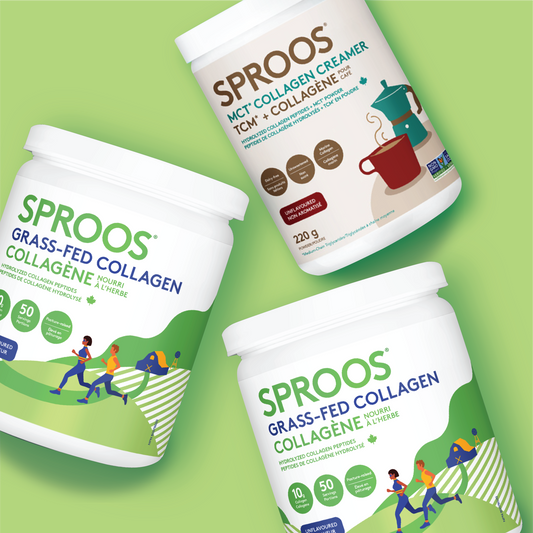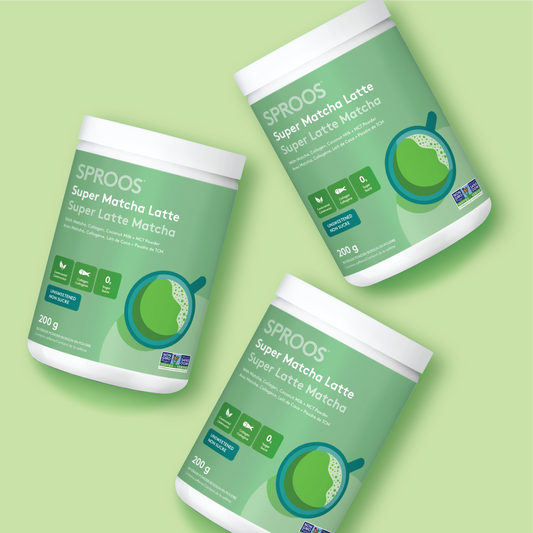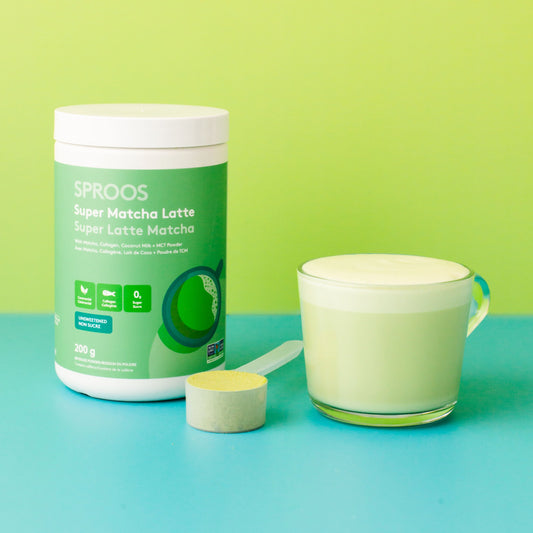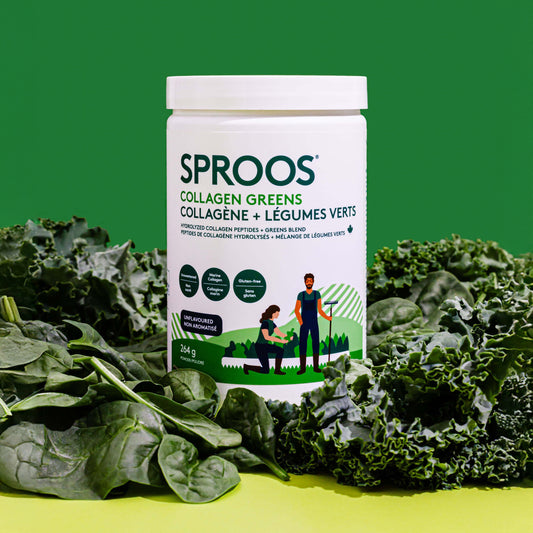What Exactly is Gratitude?
When you think of gratitude or gratefulness, many of us express this by saying "thank you" to someone who has given us a gift or done something kind. However, gratitude is so much more than just an action. The idea behind changing your attitude to be more appreciative is simple. A healthy mind = a healthy body. Gratitude is a positive emotion that you can choose to act on. With so much negativity around us, you have the power to achieve a happier, healthier life.
"By cultivating gratefulness, we are freed from envy over what we don't have or who we are not. It doesn't make life perfect, but with gratitude comes the realization that right now, in this moment, we have enough, are enough" - Robert Emmons Psychologist and gratitude expert Robert Emmons describes two key components of gratefulness. The first being an affirmation of goodness and the second, recognizing that those sources of goodness come from outside of you.
6 Scientifically-Backed Benefits of Gratitude
Adopting a more positive outlook and being more grateful doesn't require much time or any money, but the benefits can be huge. Research shows that it can have a ton of positive effects so, let's jump into the evidence.1. Improve Mental Health
Over the past decade or so, hundreds of studies have documented the social, physical and mental effects of gratitude. Expressing your thanks can improve your overall wellbeing and mental health. Grateful people are more agreeable, open, conscientious and less neurotic. Gratitude appears to nurture social support and protect people from depression and anxiety. It's also been found to increase feelings of happiness and optimism. If a person feels more optimistic, they are more likely to make positive decisions which support a healthy lifestyle.2. Boost Self-Esteem and Confidence
A study published in the Journal of Applied Sport Psychology found that athletes who practiced being more grateful experienced increased self-esteem. This turned out to be an integral part of their performance. By boosting their self-esteem, they could push their training further. Other studies have shown that gratitude helps to reduce social comparisons. Grateful people are able to appreciate other people's success without feeling resentful.3. Better Sleep
The benefits of gratitude go beyond your mental health and can actually help you sleep better. One study found that writing in a gratitude journal improved sleep. Researchers observed over 400 adults, 40% with sleep disorders. Being more grateful is associated with more positive thoughts and fewer negative ones. This is especially important at bedtime when you're trying to doze off.4. Increase Resilience
People who have more gratitude are more likely to have a pro-active approach to coping. This means they will reach out for social support in times of need and are less likely to develop stress. Evidence shows that gratitude can not only help to reduce stress but may play a vital role in overcoming trauma. One study investigated Vietnam War veterans and post-traumatic stress disorder (PTSD). They found that those with higher levels of gratitude experienced lower rates of PTSD.5. Enhance Empathy
Numerous studies have shown that gratitude increases prosocial and positive behaviour. A study from the University of Kentucky found that participants with higher gratitude were less likely to retaliate against other people, even during hostile situations. They also experienced more sensitivity and empathy towards other individuals.6. Improve Physical Health
Research suggests that grateful people experience fewer aches and pains. Generally, they report feeling healthier and happier. They seem to take a bigger interest in their health, whether it's exercising regularly or eating a well-balanced diet. In one 11-week study, participants who kept a gratitude journal exercised 40 minutes more per week compared to the control group. Being grateful for your health appears to be good motivation to get moving. A study published in the journal Spirituality in Practice investigated the effects of gratitude journaling on patients with heart failure. They found that after eight weeks of completing journals, patients experienced improvements in sleep and mood, reduced inflammation and symptoms of heart failure. It's thought that the benefits come from the stress-reducing effects of a regular gratitude practice.How to Practice Gratefulness Daily
You can start by scribbling a few notes down or saying one thing you're grateful for every day. Either way developing a simple gratitude habit can have massive rewards. The benefits of practicing gratefulness are almost endless. One way to practice gratefulness daily is to start your morning off right with a 5-minute meditation. People who take time out of their busy schedules to reflect often experience more positive emotions. They tend to feel happier and express more compassion and kindness. Just one of these benefits is compelling enough to start a new daily habit that you will love. Life is constantly moving and your gratitude is all about starting a practice that you can maintain long-term. Here are 10 ways to have more gratitude every day:- Practice mindfulness
- Keep a gratitude journal
- Smile more
- Tell someone you love them
- Volunteer at an organization that needs help
- Spend quality time with loved ones
- Don't gossip
- Avoid negative media
- Embrace challenges
- Focus on your strengths




